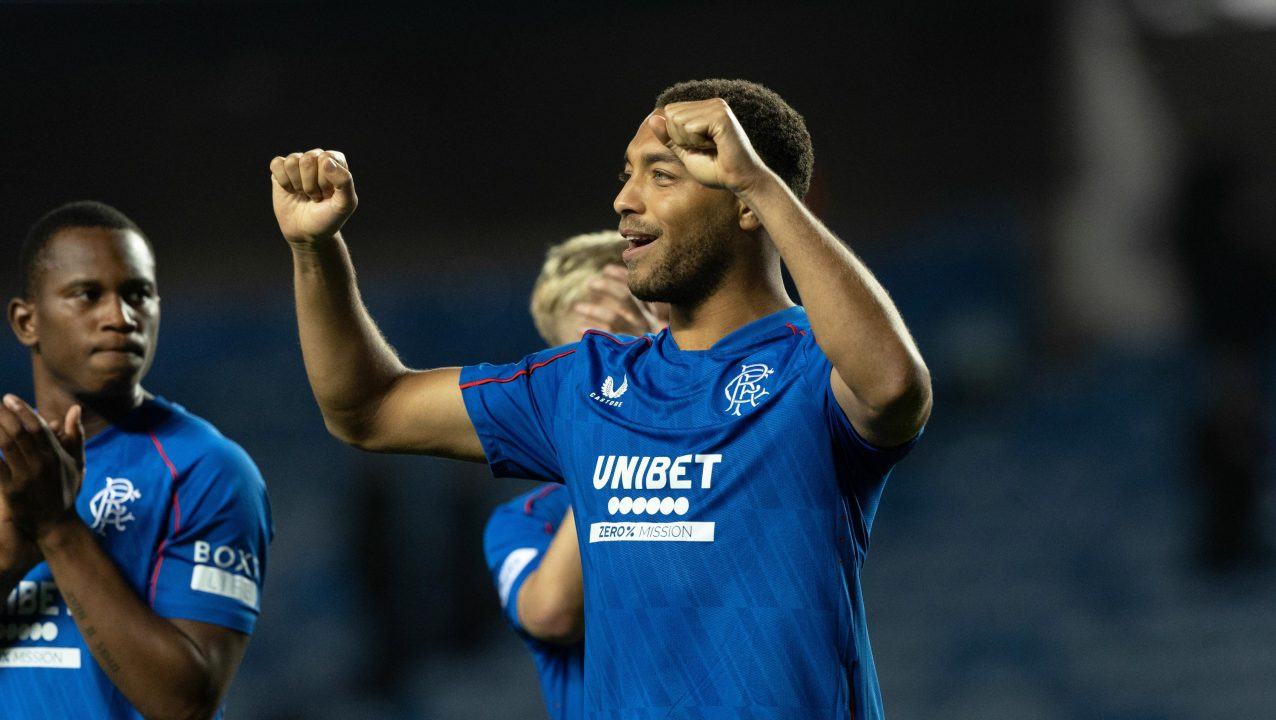We can provide opportunity and accountability. Johnson is set to speak at a press conference about the city’s security arrangements for the convention and accompanying protests on Monday morning. “This is a party that can handle protests and protecting the First Amendment right, which is fundamental to our democracy,” Johnson on ABC News’ “This Week” on Sunday.
Convention security aside, the progressive mayor has, at the very least, already defied predictions of doom from Chicagoans who feared Johnson would govern as a “defund the police”-style radical. As a candidate, Johnson disavowed his past support for reducing police funding, and has sought to marry his commitment to addressing the root causes of crime with a clear-eyed acknowledgment that traditional policing is essential to stopping crime in the near term. He has allowed the Chicago Police Department’s budget to , even as he has invested more resources in non-police violence prevention programs.

Johnson also negotiated a two-year extension of the Chicago Police Department’s in October that doubled cops’ scheduled raises for this year and next, winning praise from the police union’s conservative leader. “We can provide opportunity and accountability,” Gatewood said. “That accountability is important because there are folks who have caused harm in the city of Chicago.
” Tom Bowen, a Chicago-based Democratic consultant who advised Johnson’s more moderate predecessor, Lori Lightfoot, and is still critical of Johnson, credited the new mayor for striking an appropriate balance. “He obviously focuses a great deal, rightfully ..
. on investment in communities, on wrap-around services for families in distress,” Bowen said. “But as far as enforcement goes, the mayor has been pretty mainstream.
” “He was attacked as a ‘defund the police’ candidate, and that just wasn’t true,” he added. Not everyone is happy, of course. A majority of the 50 aldermen on Chicago’s city council have, at various points, pushed Johnson to take a tougher approach to enforcement, including by doing more to fill the Chicago Police Department’s hiring backlog and reversing a decision to end the city’s contract with the surveillance technology firm, Shot Spotter.
These detractors can point to upticks in aggravated assaults and burglaries over the past year, as well as killing sprees like the July Fourth holiday weekend that attest to ongoing bloodshed in the city’s poor and working-class neighborhoods. “We shouldn’t be spiking the ball at the 5-yard line,” said Alderman Gil Villegas, a Johnson critic who represents a majority-Latino stretch of northwestern Chicago. Even Villegas and other Johnson critics, however, give the mayor credit for selecting Larry Snelling as superintendent of the Chicago Police Department.
Choosing Snelling was popular because he is a South Side native who worked his way up through the ranks of the CPD for more than three decades. “Chicago is a very unique city, and most of the police superintendents that have been effective in Chicago have been chosen from the rank and file because they know the city, they know the officers, they know the communities, and they can better strategize and deal with what the police are dealing with,” said Alderman Anthony Beale, a Johnson critic from a predominantly Black part of the far South Side. Johnson calls his hybrid approach to crime prevention and enforcement which focuses the resources of all city agencies on three key populations: victims and survivors of crime, youth of “high promise” (a term coined to replace “high risk”), and adults of “high promise.
” In terms of traditional policing measures, the Johnson administration convened a robbery task force within the police department, which, among other successes, resulted in the arrest of someone allegedly responsible for multiple armed robberies. Working with , two car manufacturers whose vehicles are more frequently stolen, the city has helped car owners get free software updates that make thefts less likely. And Johnson has followed through on promises to add 200 detectives through promotion within the police department, making as of May.
At the same time, Johnson has employed a range of unconventional violence prevention tactics aimed at addressing the root causes of crime. To tackle the poverty and despair that Johnson believes allows crime to flourish, Johnson secured approval for a to fund affordable housing and economic development. He has expanded the city’s summer youth jobs program to reach 27,000 residents, an from 2023.
In addition, Johnson has championed the proliferation of “violence interrupters” ― people with street credibility in a violence-plagued community who work to defuse disputes and stop shooting before it starts. We shouldn’t be spiking the ball at the 5-yard line. Shortly after the bloody July Fourth weekend, Johnson joined Illinois Gov.
J.B. Pritzker and business leaders to announce the city’s business community had to prevent violence, along with $175 million from the state government.
The lion’s share of those funds will go toward community violence intervention programs in Chicago’s most violent neighborhoods, which includes violence interrupters, but also wrap-around services for “high promise” adults and youth. Johnson also he was allotting $6.4 million to expand the city’s Emergency Supplemental Victims Fund, which provides financial relief for the victims of gun violence or homicide by other means.
As part of a broader commitment to “wrapping our arms around the support of those victims,” according to Gatewood, the city has likewise made a concerted effort to provide mental health treatment and relocation assistance for those crime victims. That outreach serves the important purpose of helping the victims themselves, but it is also meant to limit the spread of violence by reducing instances of retaliation. “There’s a feeling of hope and optimism that if we can stay on this and work collaboratively and do evidence-based strategic things to really move the needle, over a period of five, 10 years, we can really start to see the numbers come down,” said Derek R.
B. Douglas, president of the Civic Committee of the Commercial Club of Chicago, a city business umbrella group responsible for raising the $100 million in private violence prevention funds. “And Johnson and his team have been a central partner to us in that effort.
” But to Johnson’s adversaries on the council and elsewhere, allowing the city’s police force to deteriorate risks overshadows progress in other areas. While Johnson’s election a cop exodus of the kind the police union warned about, CPD has yet to make up a personnel deficit that began in 2020. Snelling, the police superintendent, has said the police department is still it needs to operate at full capacity.
The shortage has required police officers to rack up , especially to provide security at summer events like Lollapalooza, and now, the DNC. That can have the effect, some observers warn, of hurting police morale and starving troubled neighborhoods of needed resources. Asked about the police personnel deficit in his ABC News interview on Sunday, Johnson noted police retention and hiring have been slow across the country.
He nonetheless took the opportunity to advocate for the economic benefits of joining the police force, calling it a “pathway to the middle class.” For his part, Villegas has proposed hiring recently retired police officers to do temporary security work at major city events in the summertime. Meanwhile, Snelling, the Johnson appointee with support across the ideological spectrum, has become an in defense of the police department’s use of ShotSpotter technology, even as Johnson has with a campaign promise to let the city’s contract with the technology’s owner expire in September.
The technology uses acoustic sensors to alert police to gunshots being fired in a particular neighborhood. Johnson and other critics of ShotSpotter maintain there is limited evidence of the sensors’ effectiveness and that they lead to in the predominantly Black and Latino areas where ShotSpotter is present. But it’s a tool that Snelling ― and the of the city council ― say is critical to alerting police to gunshots in cases where no one calls in to report them.
“If Snelling doesn’t have the tools he needs, how effective can he be?” Beale said. “I would love the mayor to change course on this.” But even Johnson’s detractors are excited about the opportunity to show off the city’s achievements for the Democratic national convention.
“People are going to see that Chicago is still one of the most beautiful cities in the world,” “We still have issues that are unresolved that we’re all in need of continuing to work on. We’re definitely a work in progress.”.



















